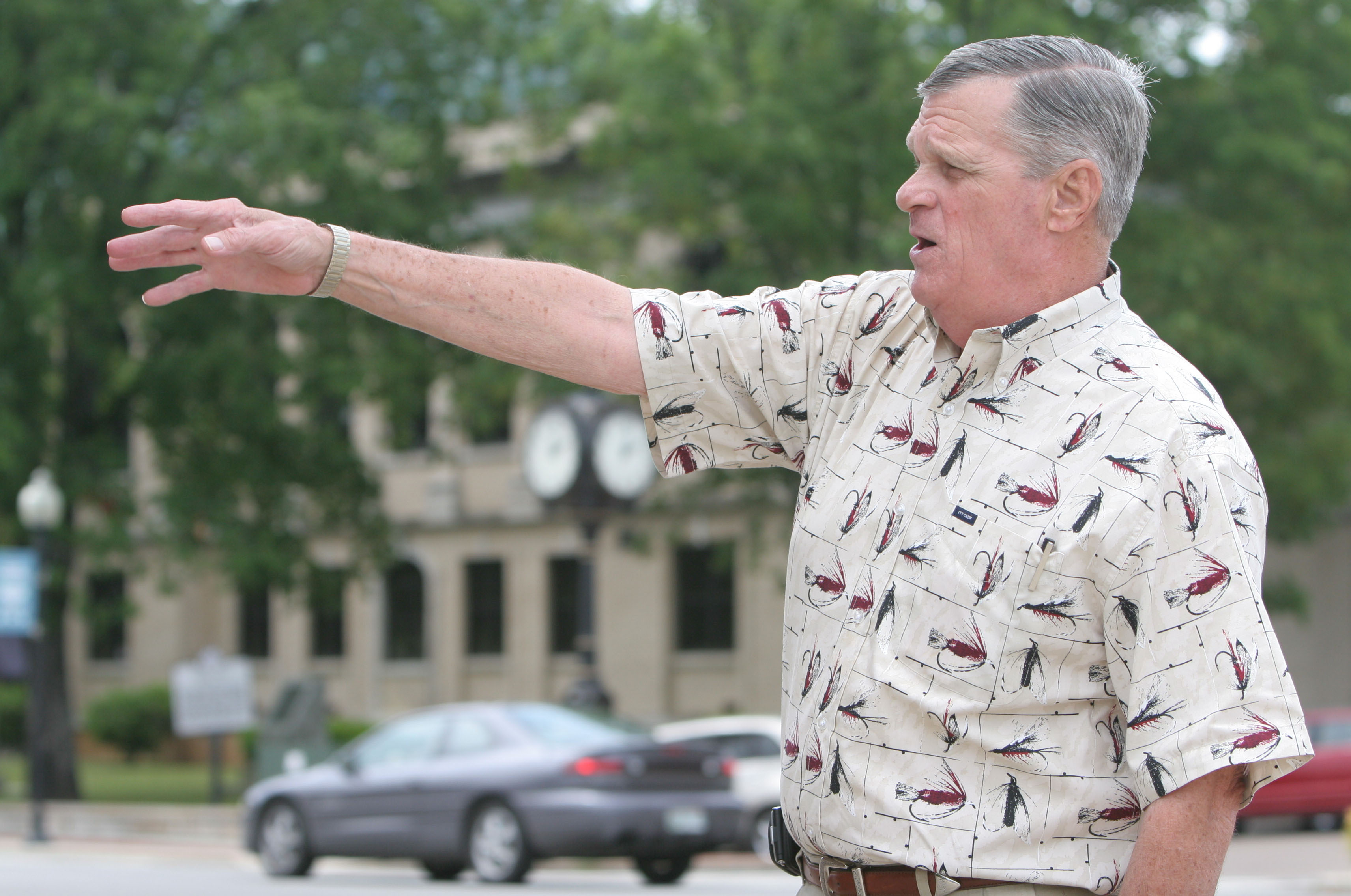Jasper alone redesigning wastewater facility
Friday, January 1, 1904
JASPER, Tenn. -- The demise of Marion County's regional wastewater treatment facility is finally complete.
In 2009, the towns of Kimball, Jasper and South Pittsburg joined to build a massive sewage treatment plant that would cover the entire county's needs.
But South Pittsburg suddenly dropped out in 2010, deciding instead to build its own treatment plant.
For over a year, Kimball and Jasper worked together to significantly upgrade or rebuild Jasper's existing plant, since Jasper is under a state order to get its facility fixed.
Then the financing fell apart.
Gary Cosby of CTI Engineers Inc. said city administrators thought they would get 45 percent of the project's cost paid for through grant funding, but after the USDA Rural Development Agency's budget was cut, "that's not going to be there."
In January, Kimball Mayor David Jackson said the towns couldn't afford to build a facility on their own.
Last week, the Jasper Board of Mayor and Aldermen appropriated an additional $2,500 to make engineering changes so the town can move forward on its own with repairing and redesigning its existing wastewater facility.
"Basically, this money is for going back and redoing everything now that Kimball has dropped out," Jasper Mayor Billy Simpson said. "This will design [the wastewater treatment plant] for Jasper only."
Now, Cosby says, the various reports his organization generated for the dual undertaking will have to be redone.
"Last year, we had prepared the reports for funding agencies, applications, and so forth, and now I have to revise those to drop [Kimball] out," he said.
Those reports also will have to be updated because an entire year has passed, he said, but not all the services CTI has provided Jasper on the project will be lost.
"So far, all of the services that were done have mainly been things like drilling, surveys and permitting. [Jasper] has to do those anyway," he said. "It will all be utilized. We haven't gone any further with the project in terms of design because there was still too much up in the air."
Simpson said he is fairly confident the project will receive some grant funding, although he is sure it will not be the 45 percent officials originally thought they would get.
"With the constraints and everything in Washington, [Rural Development] been cut drastically," he said. "We'll get probably 20 to 25 percent free money."
Contact Ryan Lewis at ryanlewis34@gmail.com.
